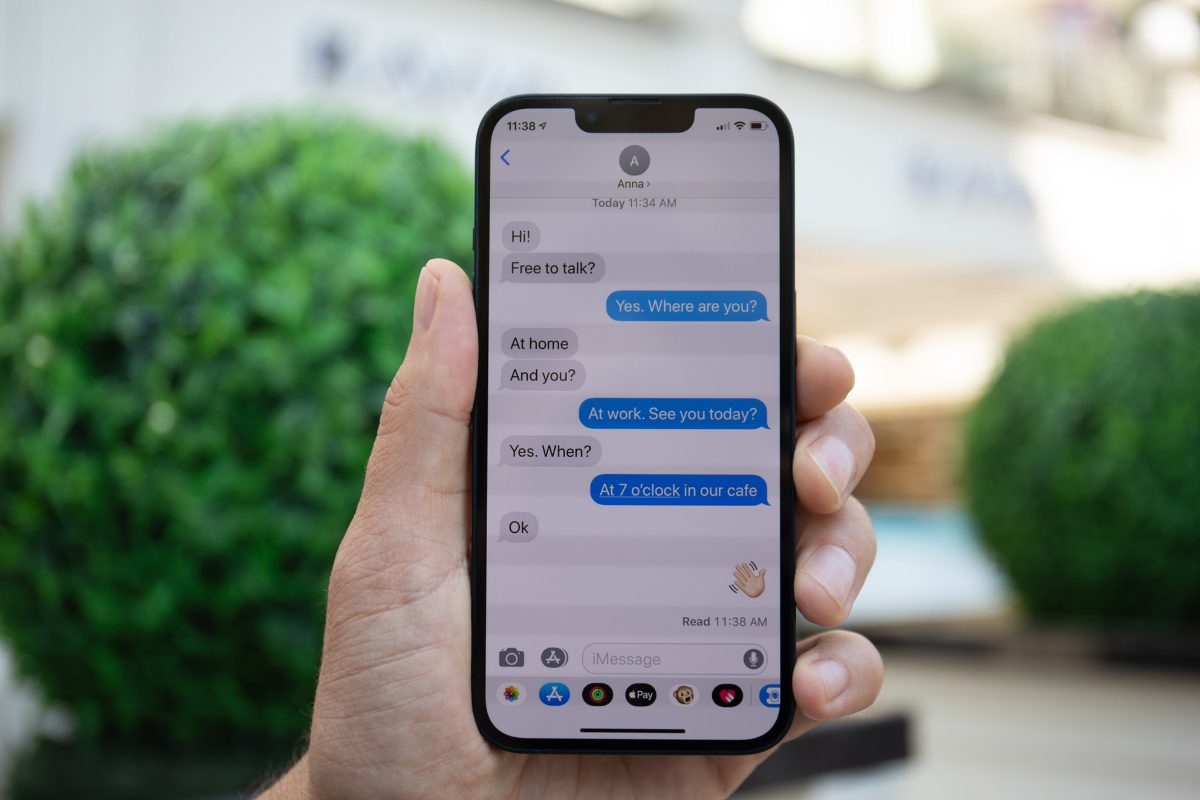Beeper, recognised for its ambitious initiative to integrate iMessage with Android, appears to be conceding defeat. Apple’s determination to keep iMessage exclusive to its devices seems to have prevailed.
Despite Beeper’s valiant efforts, the situation increasingly points to a victory for Apple in preserving its exclusive ecosystem.
Beeper has announced a strategic shift, indicating it will cease attempts to circumvent Apple’s restrictions and instead focus on developing what it hopes will be the premier chat application globally.
This pivot follows the unveiling of a solution to enable Android users to use iMessage through Beeper’s app.
Implications for Beeper
Each instance of Beeper Mini becoming unreliable or dysfunctional, presumably due to Apple’s interventions, has eroded Beeper’s credibility. The company admits the challenges of constantly trying to outmaneuver Apple, one of the world’s largest tech corporations.
While Beeper remains committed to its vision, it acknowledges the uphill battle it faces against Apple’s dominance.
The process for Beeper users, initially straightforward, has evolved into a more complex ordeal. Beeper’s latest approach requires users to either own or rent a jailbroken iPhone and use a Mac or Linux computer.
For effective use, these iPhones must be continuously connected to power and Wi-Fi.
For those lacking an available iPhone, Beeper suggests a rental option, hinting at a potential company-run rental service depending on user interest. This solution, however, might be short-lived if Apple devises a method to block this workaround.
In response to security criticisms, Beeper has open-sourced its iMessage bridge, allowing public scrutiny and potential modifications of the code. Additionally, the company plans to release the software used to generate iMessage registration codes for Mac and iPhone users.
Opinion
The unfolding saga between Beeper and Apple is emblematic of the larger dynamic in the tech world, where smaller innovators often find themselves at odds with established giants.
Beeper’s struggle against Apple’s strict control over its ecosystem highlights the challenges faced by companies attempting to bridge the gaps in technology interoperability.
This situation raises questions about the balance between a company’s right to protect its proprietary technology and the benefits of open integration for consumers.
While Beeper’s efforts are commendable for their innovation and consumer-centric approach, they also illustrate the formidable barriers that exist in challenging the status quo of tech behemoths like Apple.
Conclusion
Beeper continues to assert its moral stance, arguing that Apple’s actions against Beeper Mini are becoming harder to defend. The company suggests that Apple’s resistance may be primarily driven by a fear of losing iPhone sales if iMessage becomes available on Android devices.
The broader implications of this standoff in the tech industry remain a subject of significant interest and speculation.
Source: The Verge









